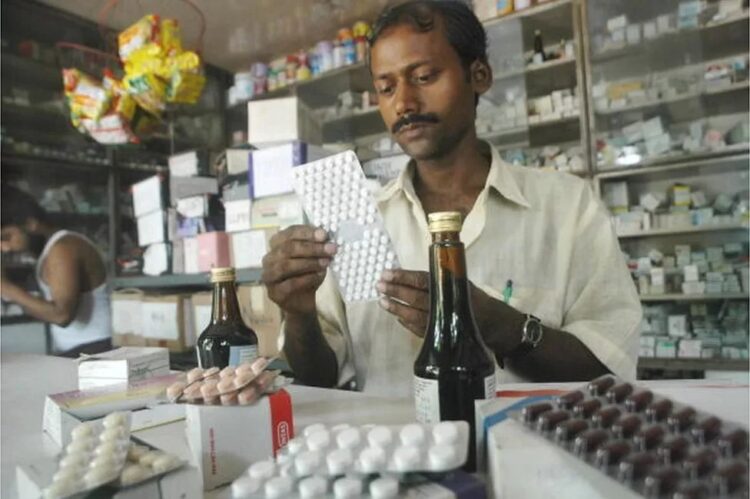British Broadcasting Corporation (BBC) in its fresh report on deaths related India-made drugs has said the fatalities in The Gambia and Uzbekistan made international headlines, raising questions about quality standards in India’s pharmaceutical industry.
As per BBC report, in their book, The Truth Pill, health expert Dinesh Thakur and advocate Prashant Reddy write that India’s first recorded case of diethylene glycol poisoning was in 1972, when 15 children died in the southern state of Tamil Nadu.
Since then, there have been “mass poisoning events” in Ramnagar area of occupied Jammu and Kashmir and several Indian states, the authors say, adding that the death tolls may be much higher as diethylene glycol poisoning is hard to diagnose.
They say companies usually don’t “test either the raw materials or the final formulation before shipping it to the market”.
Indian regulators have said that the four cough syrups linked to child deaths in The Gambia complied with specifications when tested at home – which the World Health Organization has contested. It did, however, cancel the manufacturing licence of the firm whose products allegedly led to fatalities in Uzbekistan.
It has also made it compulsory for cough syrup makers to get samples tested before exporting their products. One of the survivors is Pawan Kumar, who was 15 months old when he consumed the same cough syrup.
In the Ramnagar case, it took two years for police to file charges against five people, including the chemist who sold the syrup and three officials of Digital Vision – the case is being heard in a local court. A top district police official did not respond to the BBC’s interview request.






